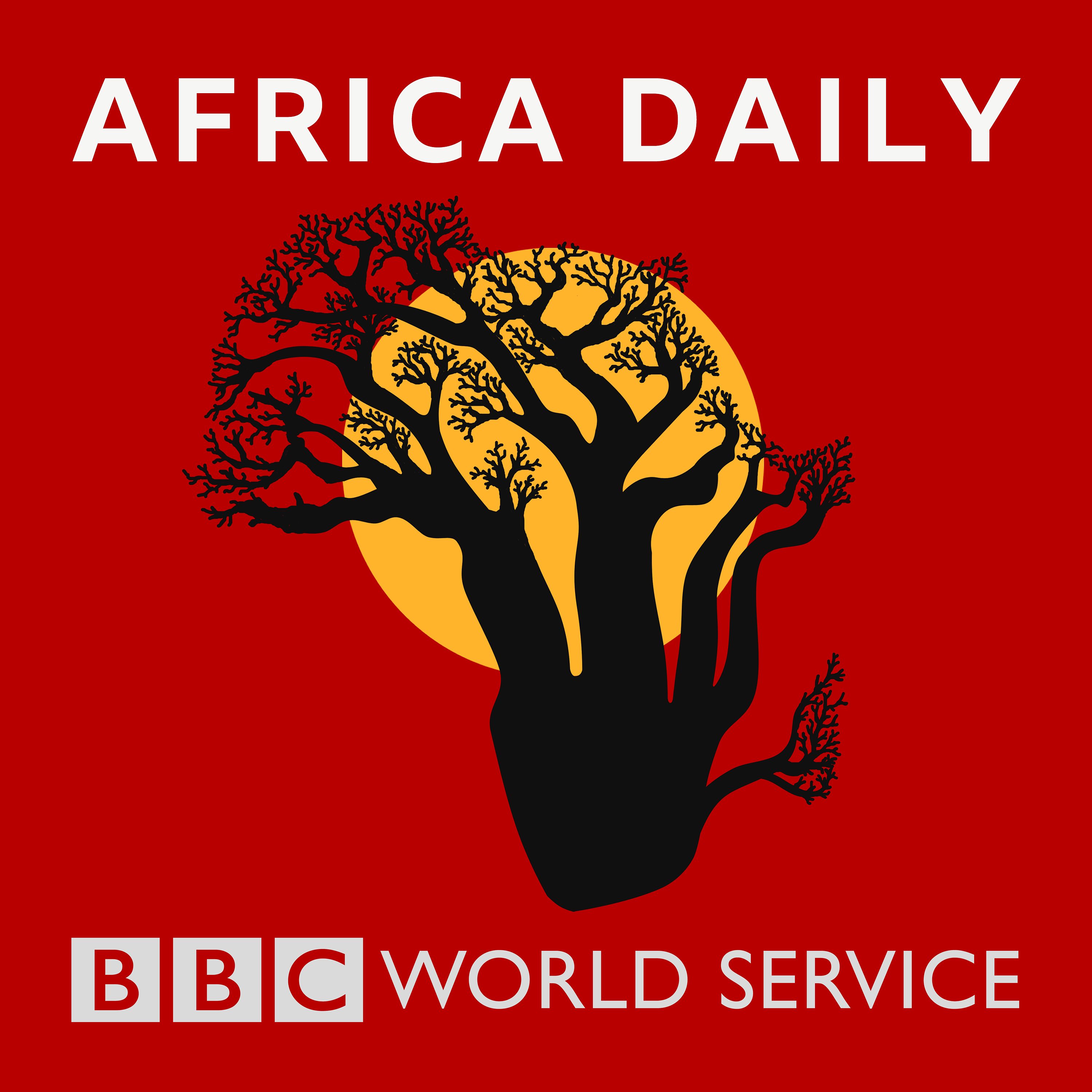30 years on, have black South Africans got economic justice?
Description
“It feels like a black man deserves the worst. The poor are getting poorer while the rich are getting richer. I don’t know how things will change” – Alexandra resident, Vusi Mbeye.
On the 27th of April 1994, millions of South Africans voted in their country’s very first democratic election. During white minority rule, black people were not allowed to vote.
Nelson Mandela’s African National Congress won that election and then introduced policies like Affirmative Action and Black Economic Empowerment. In addition, many black students received financial aid from the government and private companies, to further their university or college studies. All these measures were meant to correct the economic injustices of the past.
But 30 years after the fall of apartheid, have black South Africans experienced meaningful economic freedom?
Africa Daily presenter Mpho Lakaje, who is himself a black South African, sits down with two men who were both born in Alexandra township: street vendor Vusi Mbeye and Theo Baloyi, a wealthy businessman. He also visits political analyst Khaya Sithole.
More Episodes
Regular attacks by men on motorbikes wielding AK-47 rifles have become a common occurrence in Plateau State in central Nigeria.
People in the state are still reeling from the trauma of Christmas Eve attacks just over four months ago, when gunmen attacked 25 villages killing over 150 people.
Over...
Published 05/03/24
Published 05/03/24
Federalism in Africa is the topic of today’s episode.
Depending on how you define the term, there are only around six countries in Africa that use the federal model, with Nigeria and Ethiopia among them.
But what is federalism and what does it look like in practice? How does it function and...
Published 05/02/24


